Like many Israeli soldiers, Elad Shippony traveled the world after completing his army service. What’s different about his five-year road trip and subsequent journeys is that he distilled them into a spoken-word stage show.
The result, called “The Wandering Israeli,” is coming to Sinai Temple in Los Angeles on Sept. 11. It will be performed in English at 6 p.m. and in Hebrew at 8:30 p.m.
For Shippony, it’s a homecoming of sorts. He grew up in North Hollywood and Sherman Oaks, and attended Grant High School. His desire to feel a deeper connection to Israel led him to make aliyah at 17. He joined a commando unit in the army and stayed with a family on Kibbutz Mishmar HaSharon, known as the birthplace of former Prime Minister Ehud Barak. (Barak at that time was commander-in-chief of the Israel Defense Forces.)
“I formed a feeling of love and belonging to the country,” Shippony, 46, said in a phone interview.
After Shippony’s three-year IDF service, he backpacked across Africa. He sailed down the Congo River with an army friend in a dugout canoe in search of pygmies. They were captured by Zairean soldiers and held captive in the forest but managed to be released. (You’ll have to attend the show to find out what happened.)
Later, he bought artwork and crafts in Malawi and brought the objects back to the United States, selling them on the Venice Beach Boardwalk. He also freelanced as a sportswriter for the Los Angeles Daily News.
Shippony realized that his inability to speak Spanish kept him from being able to communicate with a large percentage of L.A.’s residents. To remedy this, he used his savings to move to South America for a year to learn Spanish.
“When I came back, I noticed a whole side of Los Angeles that I’d never seen before,” he said.
When he returned to Israel, he attended Tel Aviv University with a focus on Middle Eastern studies. While in school, he also worked as a counselor for teenagers on Kibbutz Mishmar HaSharon.
Much like his decision to learn Spanish, he realized he needed to learn Arabic if he hoped to communicate with much of the country’s population. Soon after Jordan’s King Hussein and Israeli Prime Minister Yitzhak Rabin signed the 1994 peace treaty between their countries, Shippony boarded a bus one morning in Afula in northern Israel, and by the afternoon he’d arrived in Amman, the capital of Jordan.
He spent three months living in a backpacker’s hostel, not telling anyone he was Israeli — and this became the central story of “The Wandering Israeli.”
Shippony befriended Kamil, the middle-aged Palestinian owner of the Cliff Hostel, who offered to be his language instructor and gave him an Arabicized name: Adel. When he returned to Israel with his newfound knowledge of Arabic, “I once again saw things I couldn’t see before. It added a new part to Israel I hadn’t seen,” he said.
“I believe communication between people is the first step toward peace. Now that I could communicate, I wasn’t scared anymore. Now I could actually speak to the local community,” he said. “When you can speak Arabic, you get respect.”
Shippony got married and found work in the burgeoning high-tech industry, writing blog posts for technical and marketing websites. But it wasn’t what he wanted to do.
“The piece that I was most proud of writing was my resignation letter,” he said with a laugh.
He built a website and taught himself to earn a living from online marketing and affiliate marketing. That’s when Shippony, who had become the father of a little girl, wrote the play “The Wandering Israeli,” partly to tap into his yearning for the open road.
“I couldn’t travel anymore like I did before. You have a family to support. You can’t disappear for three months,” he said.
That was a decade ago. He’s since staged more than 600 Hebrew performances of the play in every corner of Israel. Onstage, Shippony slips in and out of characters, accents and languages like they are costumes. Two musicians, Sagi Eiland and Eran Edri, interweave live music to match whatever region of the world he’s talking about.
Much of the play is humorous, with Shippony poking fun at himself and the situations he found himself in. But the underlying message is the central importance of communication.
“It’s very non-political,” he said. “Everybody has their own idea of how to attain peace. Everybody wants to live in peace. We can perform in a religious community or in front of a mixed group of Arabs and Jews, and we’re received well everywhere.”
Twelve years after he went to Amman to learn Arabic, Shippony returned to the country with a young film student, who produced a half-hour documentary that was nominated for a prize in the Jerusalem Film Festival. In the movie, he reunites with Kamil, who tells the camera in broken English, “I hate any Israeli, OK? But when I know Adel, my ideas changed.”
Shippony has been staging an English version of his play at the historic Jaffa Theater in the Old City of Jaffa every Monday night this summer. He decided to bring the play to the U.S. to challenge people’s preconceived notions about daily life in Israel. After it’s performed in L.A., it will be staged in Palo Alto and New Jersey.
Despite all of this, his wanderings continue. Three years ago, he decided to learn Russian, a common language in Israel, by couchsurfing in Russia for a month.
He also hosts couchsurfers at his home in Kibbutz Magal, located near the Green Line, where he lives with his wife and three daughters. He likes to take visitors to eat hummus in neighboring Arab villages.
“I really like to show the side of Israel you don’t see on TV,” he said.
“The Wandering Israeli” will be performed at Sinai Temple in Los Angeles on Sept. 11, preceded by a show in San Diego on Sept. 10 (in English only). For more information, visit this story at jewishjournal.com.






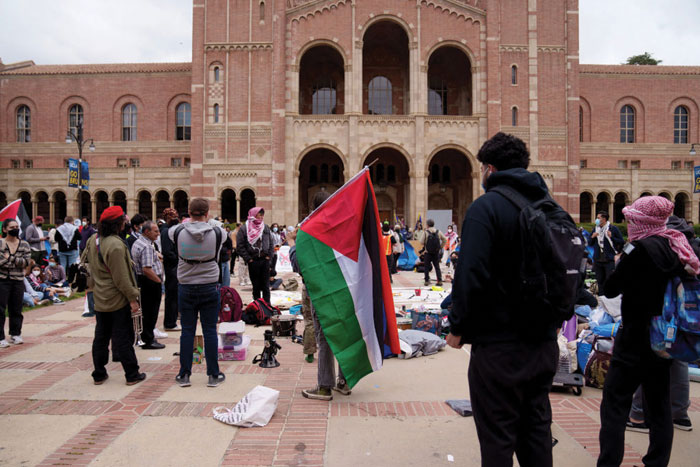

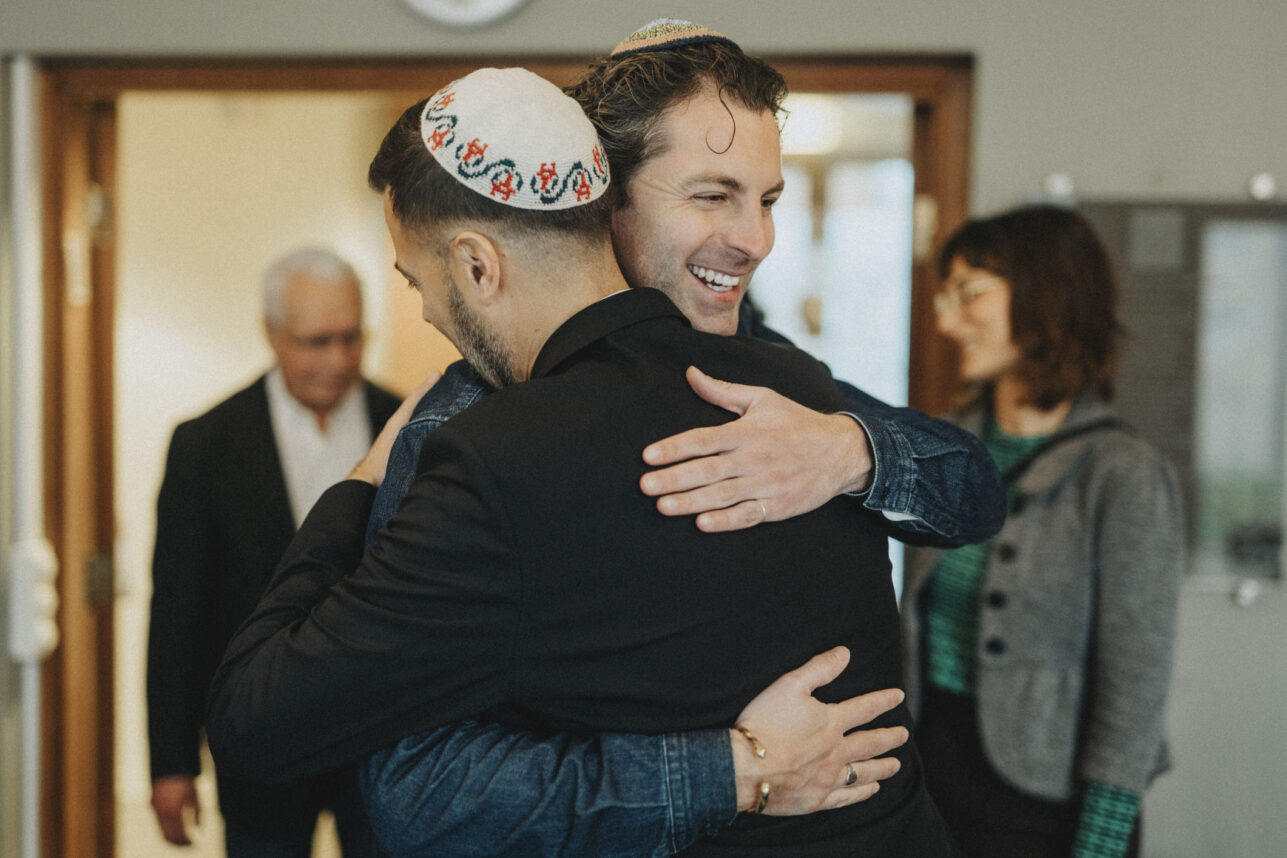
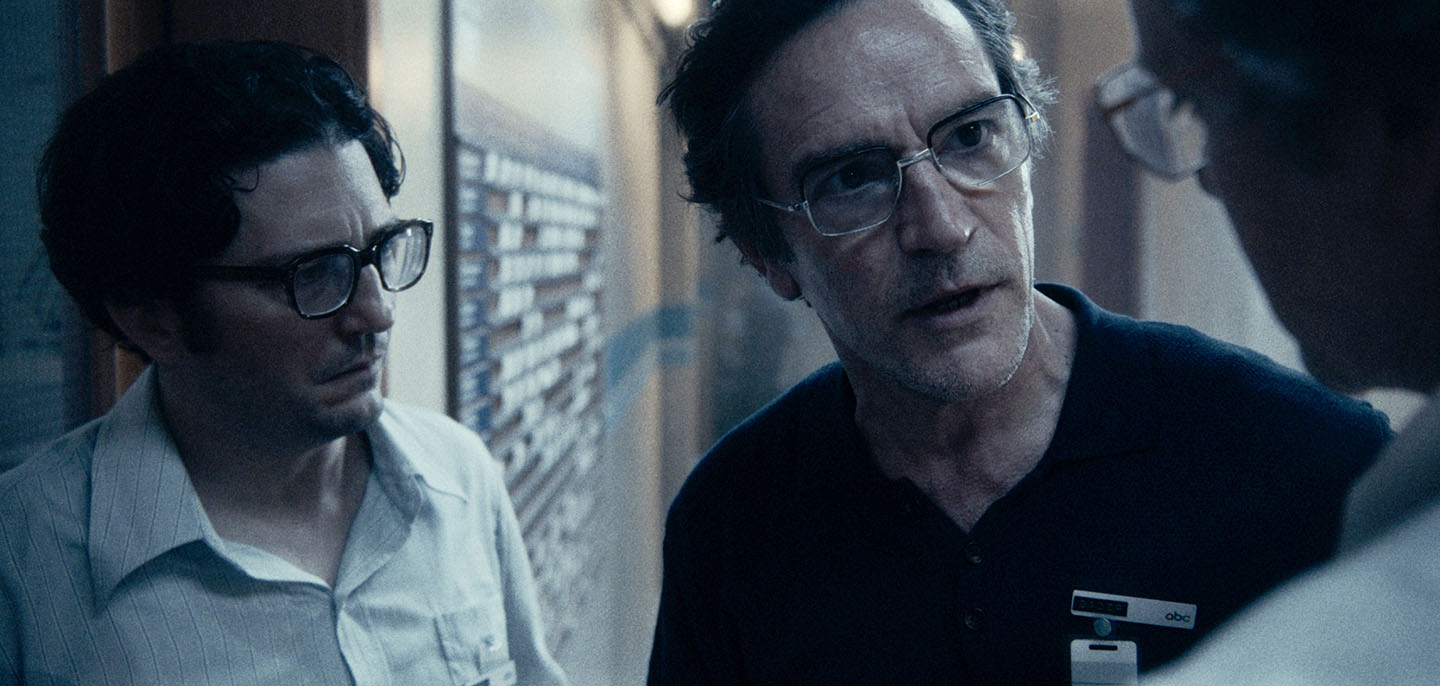


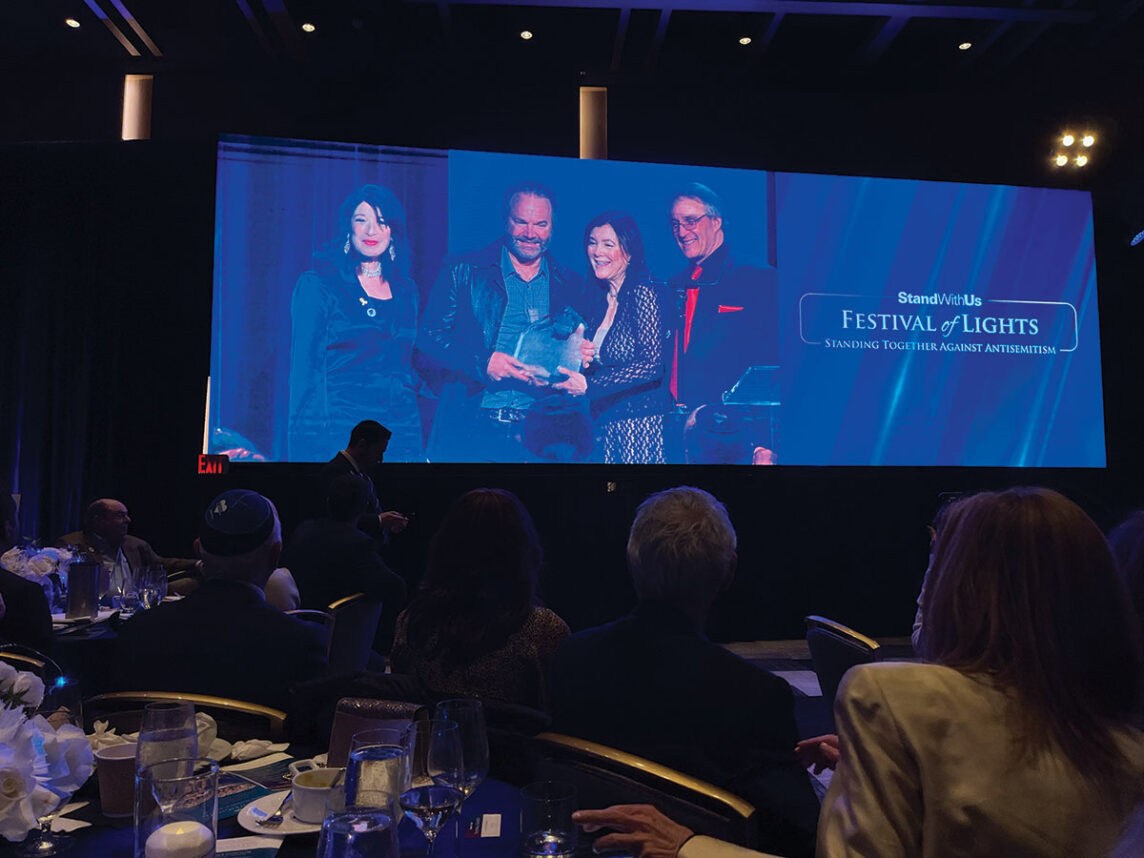

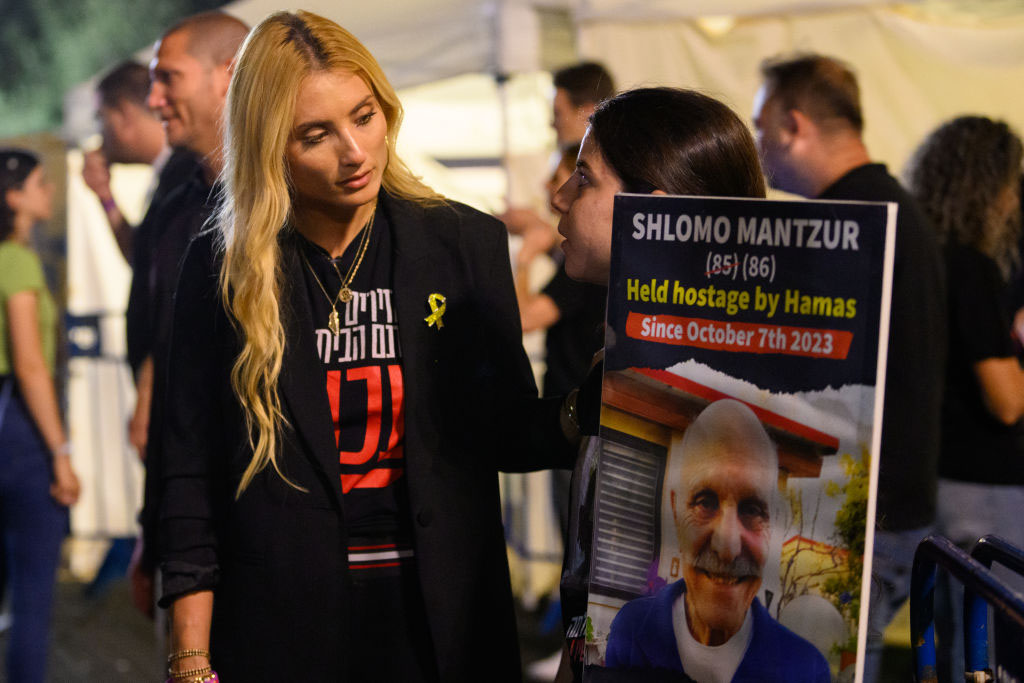
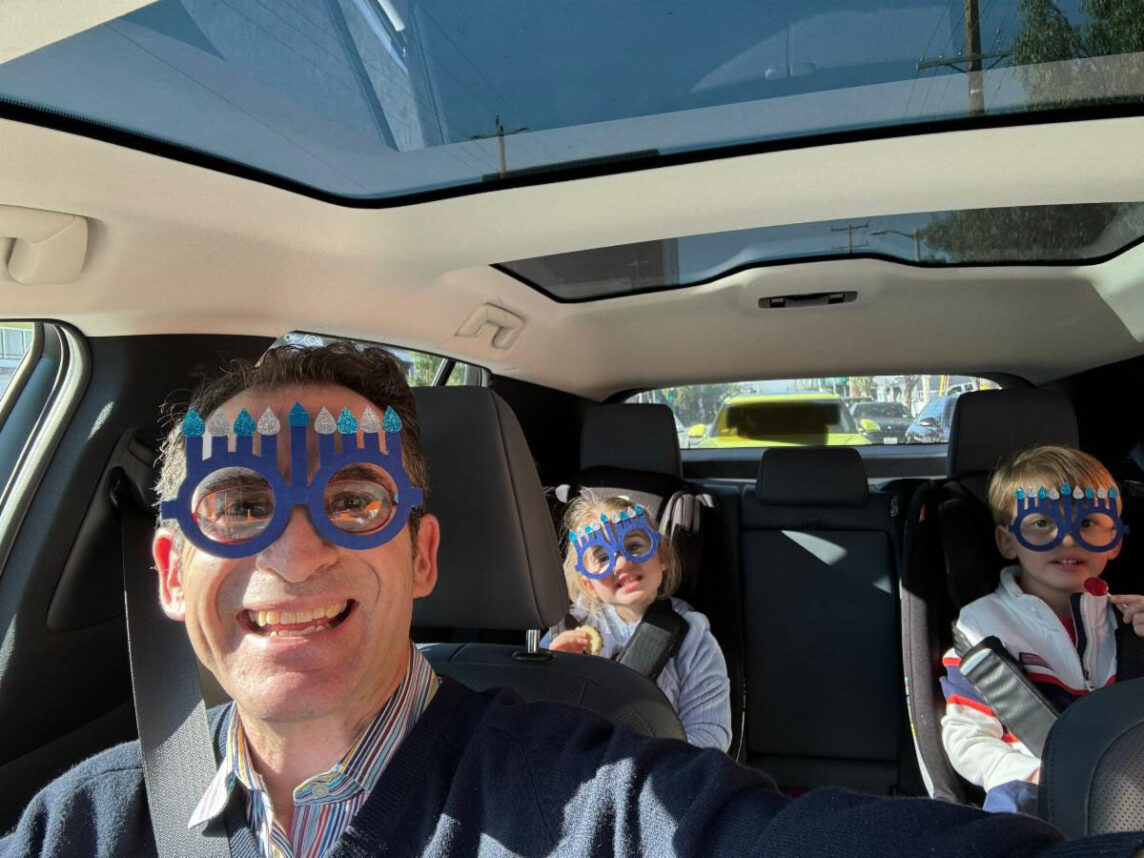





 More news and opinions than at a Shabbat dinner, right in your inbox.
More news and opinions than at a Shabbat dinner, right in your inbox.